Analysts believe the main reason for China being upset is the possibility of India emerging as an alternative manufacturing hub. After the US tariff on Chinese goods has reached 245%, making it almost impossible for Beijing to export, other countries may divert investments and markets away?
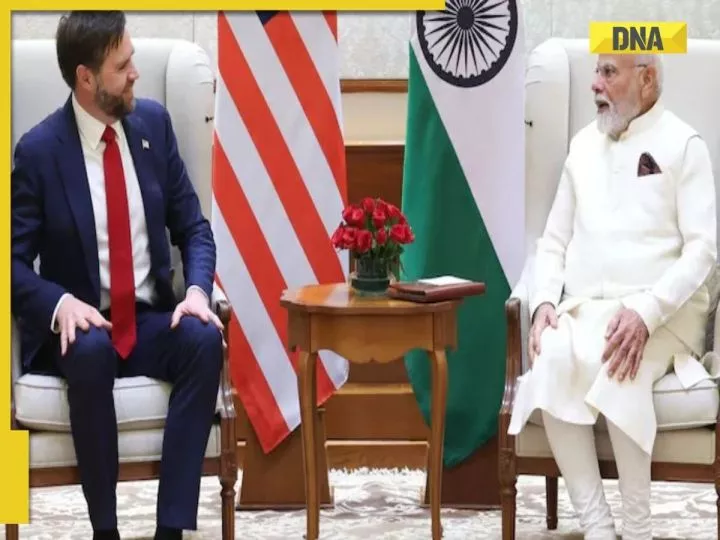
PM Narendra Modi with US Vice President JD Vance
Though China has not named India, it has expressed its concerns over the increasing bonhomie between the US and New Delhi and the ongoing talks of resolving the contentious issue of reciprocal tariffs and the Bilateral Trade Agreement. Beijing expressed its discomfiture on Monday as it cautioned countries against entering into trade agreements with Washington at its expense to get exemptions from US President Donald Trump's tariff regime.
Will India be alternative manufacturing hub?
Analysts believe the main reason for China being upset is the possibility of India emerging as an alternative manufacturing hub. After the US tariff on Chinese goods has reached 245%, making it almost impossible for Beijing to export, other countries may divert investments and markets away from China. India is holding talks with the US and the two countries may reach a deal before the deadline of 90 days is over because India is a consumer-led economy and it has lower export dependence, which may give it leverage.
PM Modi's Saudi Visit
China expressed its concerns a day before Prime Minister Narendra Modi left for Saudi Arabia, a country that had earlier shown interest in investing $100 billion in India. It shows India's strategy and capacity of attracting global investment mainly at the cost of China.
Chinese, US firms to diversify?
After the US-China trade war began, many companies planned to diversify supply chains and move away from China. With a large, skilled, and cheap workforce and government incentives like the Production-Linked Incentive (PLI) scheme, New Delhi is likely to emerge as a viable alternative. It can be gauged by the fact that even Chinese companies like Haier and Shanghai Highly Group have accepted strict investment rules in India, like having minority stakes in joint ventures, so that they can access India's market and bypass U.S. tariffs.
China is also aware of the huge and almost insurmountable trade surplus with India. India's reliance on Chinese components makes it clear that India will remain dependent on China for some time to come at least and so Beijing should not be afraid of India.
China reaches out to India
Moving ahead cautiously, China has urged India to "stand together" against U.S. tariffs and reminded it that both countries are developing economies and may be harmed by U.S. protectionism. Taking one step forward, the Chinese Embassy in India said that the China-India trade relationship is "complementary and mutually beneficial." He also warned that U.S. tariffs would deprive the Global South of development rights. Analysts believe exploiting U.S.-China tensions is best suited for India to secure trade concessions.
India-China geopolitical realities
China is also aware of the geopolitical realities. It believes, and it is true to some extent, that New Delhi's deepening ties with the U.S. are part of a broader strategy to counter Chinese influence in Asia. After tensions over the 2020 Ladakh border clash and India's restrictions on Chinese investments, it is clear that India may adopt a tough stand against Beijing in the South China Sea. It is clear from the fact that China's state media criticised India for "echoing U.S. rhetoric" to curry favor with the Trump administration. It showed its unease about India aligning with the U.S. to isolate China geopolitically.

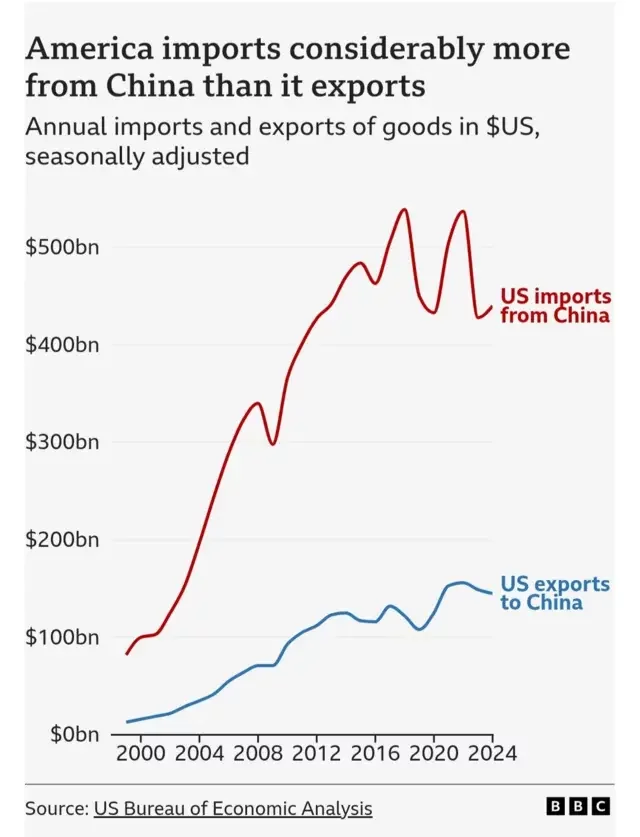
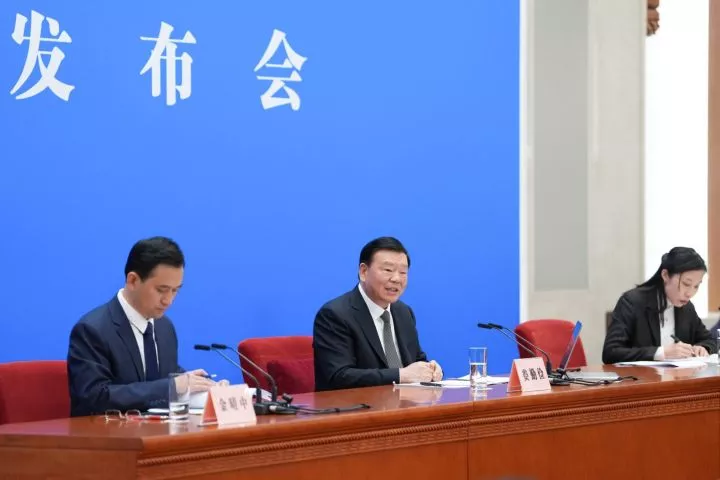
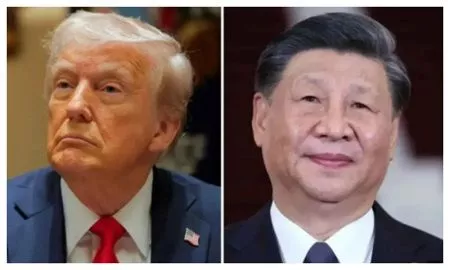

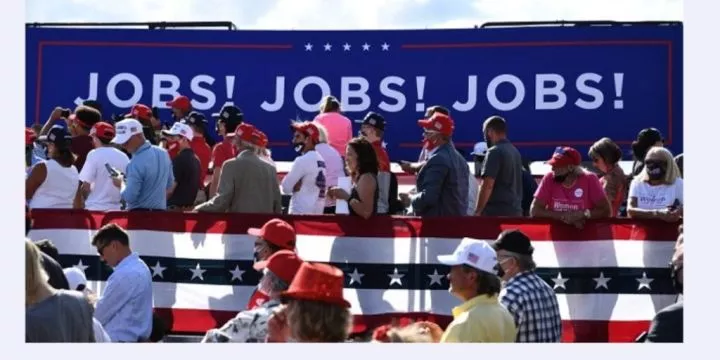
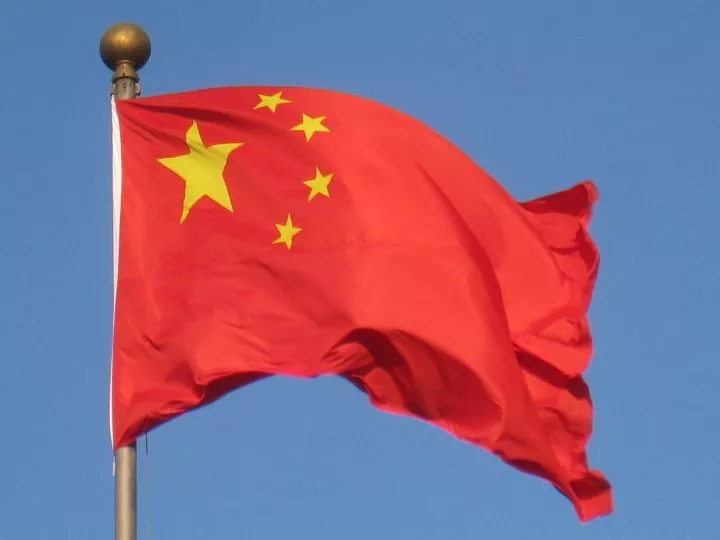









Comments